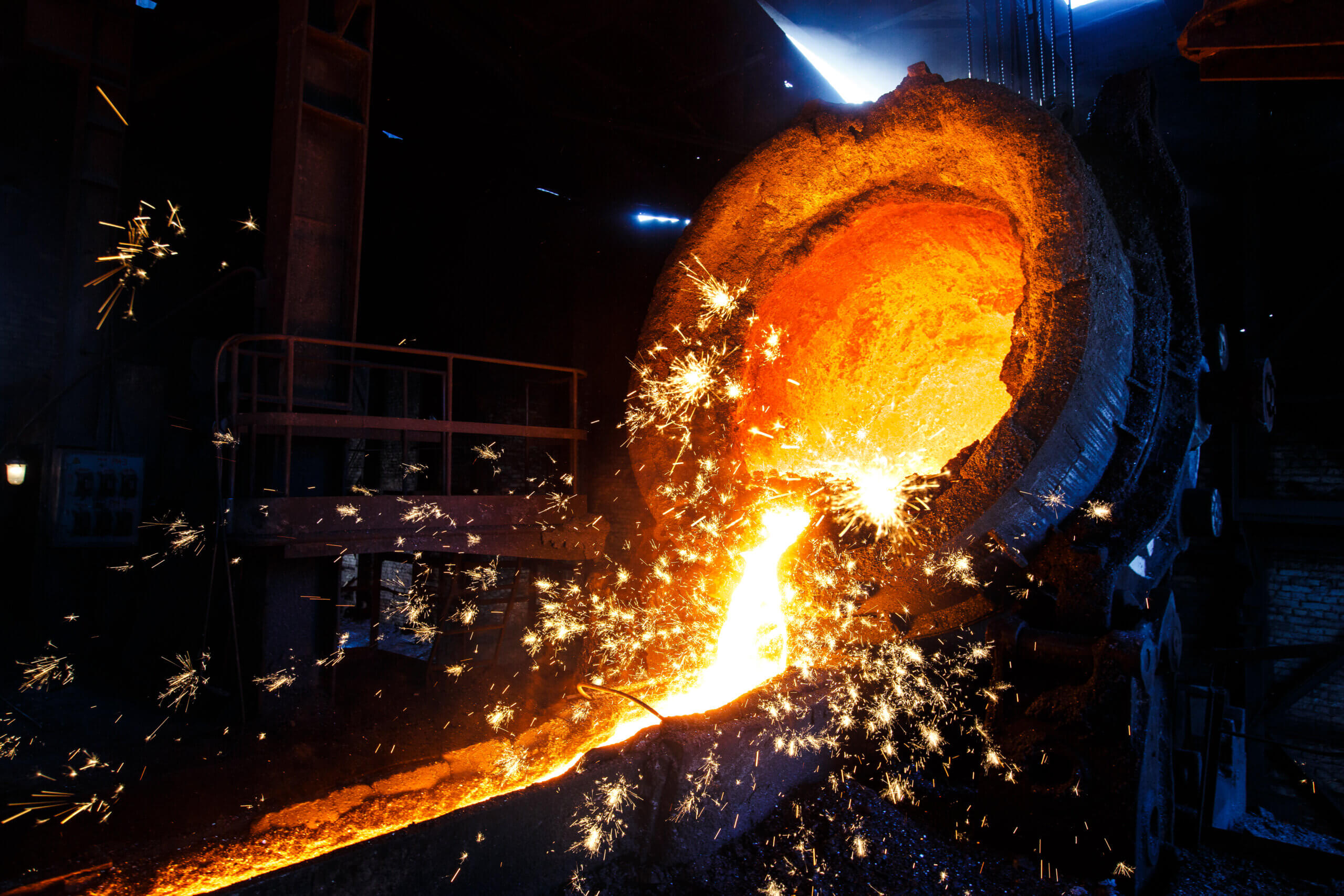Chile’s largest steel plant closes due to Chinese competition
Photo: Wikimedia Commons.
Huachipato, Chile’s largest steel plant, has ended 74 years of operations by shutting down its main furnace early Monday morning. The decision marks the end of an era for the country’s steel industry, a measure taken due to intense competition from imported steel from China.
“It is a symbolic and dignified day, reflecting the struggle of our workers,” said Jean Paul Sauré, the company’s general manager, when announcing the closure of Blast Furnace 2, where the production of non-recycled steel was underway.
The shutdown, which began at 2:30 a.m. local time, affects approximately 2,700 workers, both direct and contractors, as well as impacting a further 20,000 people indirectly linked to the company. Huachipato, located in Talcahuano, a city 500 km south of the capital Santiago, was one of the main economic engines of the Biobío region. Since its creation in 1950, the steel mill had been a pillar of the community.
Fierce competition from Chinese steel, which is 40% cheaper, was one of the main factors that led the company to take this decision. Despite specializing in mining products and requesting the imposition of additional tariffs on Chinese steel, accumulated losses of US$700 million since 2019 made the situation untenable.
The closure of Huachipato not only affects the local industry, but also has national repercussions. Local unions estimate that more than half of the dismissed workers are over 50 years old, which further complicates their reemployment prospects. In view of this situation, the government has announced a plan with 32 measures to mitigate the labor and productive impact, seeking alternatives to boost employment in the Biobío region.
The closure will also affect more than one thousand small and medium-sized local companies and could increase unemployment in the region to 11%. Huachipato, in addition to being the largest steelmaker in the country, also promoted the creation of a soccer club and various social and cultural initiatives in Talcahuano, leaving a deep legacy in the community and the state of Biobío.
Main source:
Other related sources:
Siderúrgica más grande de Chile cierra; pierde ante acero chino – La Jornada.

